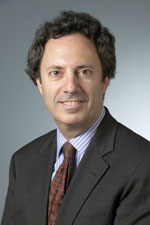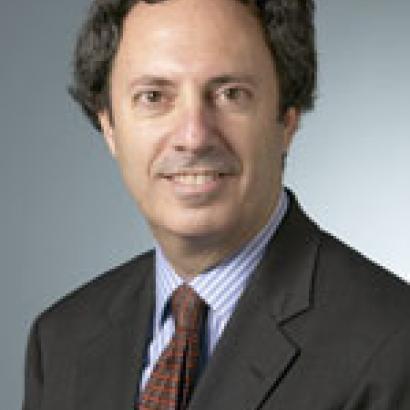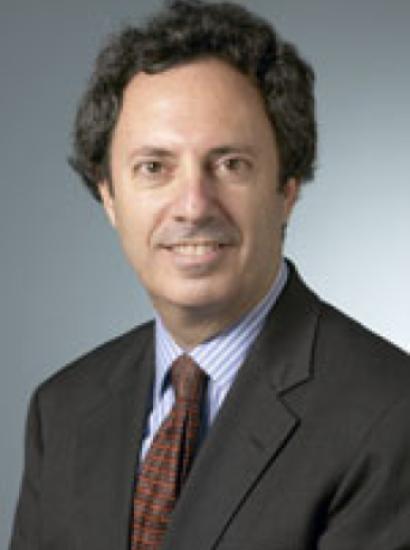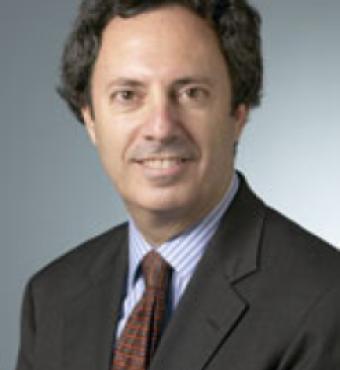- Contemporary
- Law & Policy
- Civil Rights & Race
- History
If we ask ourselves on what causes and conditions good government in all its senses, from the humblest to the most exalted, depends, we find that the principal of them, the one which transcends all others, is the qualities of the human beings composing the society over which the government is exercised.
– John Stuart Mill, Considerations on Representative Government
Since opinions about character bear upon the one who opines, under the best of circumstances it may be embarrassing to speak about virtue. From the precarious position where one’s judgments have consequences for how one ought to be judged, and suggest the standards according to which one judges others, those who wish to understand virtue are persistently tempted by two opposing tendencies. Some yield to lofty sentiments, prattling on sanctimoniously about how human beings ought to be; others, presuming to see things as they really are, resolutely search out or grimly describe the self-interested impulses that supposedly define the actual and exclusive motivations of human conduct. Yet airy idealism and narrow realism do not exhaust the range of perspectives from which virtue may be investigated. Getting down off your high horse does not condemn you to running with the pack. To be sure, the mean or middle ground from which the claims of virtue and the charges against it can be fairly evaluated is more difficult to attain and harder to hold than either of the extremes. This is partly because understanding virtue is inseparable from its exercise.
Rewarding as the study of virtue for its own sake may be, for students of politics the study of virtue is not a choice but a necessity imposed by the character of their subject matter. Not that the question of virtue has a single formulation or one right answer. Rather, like freedom, obligation, law, the regime, and justice, virtue belongs among the fundamental phenomena of political life for which a respectable theory of politics must give an account and concerning which it cannot but take a stand. Silence is an option but not a solution, for, as I shall argue, a political theory that overlooks the question of virtue spawns fatal theoretical lacunae while passing by key features of the conduct for which it presumes to account.
The inescapability of virtue is more apparent in ancient and medieval political philosophy, where virtue, or the promotion of human excellence, was generally held to be the ultimate aim of politics. By contrast, modern political philosophy has tended to reject such lofty goals as impractical, delusive, and dangerous. Especially in its Enlightenment and liberal strains, modern political philosophy put forward a different fundamental goal for politics. Instead of seeking through politics to promote human perfection, the liberal tradition came to understand the goal of politics as the protection of personal freedom. The liberal tradition embraces freedom as the aim of politics on the grounds that it is both more attainable and more just than the promotion of virtue. But the repudiation of virtue as the aim of politics must not be equated with the repudiation of the very idea of virtue, or with a denial that questions of citizens’ and officeholders’ character are of pressing political significance. Indeed, I shall argue that the liberal tradition, through a variety of prominent spokesmen, affirms that maintenance of a political order capable of securing the personal freedom of all depends upon citizens and representatives capable of exercising a range of basic virtues. Liberalism, I shall suggest, can no more do without virtue than a person on a diet can survive without food and drink.
The liberalism to which I refer is a complex and many-sided tradition. John Locke, Immanuel Kant, and John Stuart Mill are among this tradition’s leading spokesmen. But many others—including Thomas Hobbes, Montesquieu, Adam Smith, the authors of The Federalist, Burke, and Tocqueville—shared its fundamental premise and in various ways elucidated its strengths and weaknesses. I shall follow political theorist Judith Shklar in understanding liberalism as a political doctrine the primary goal of which is “to secure the political conditions that are necessary for the exercise of personal freedom.” I add to Shklar’s definition what she left implicit, namely, that even as a political doctrine liberalism rests on the fundamental premise of the natural freedom and equality of all human beings. To establish and secure the personal freedom of all, the liberal tradition has articulated a set of characteristic themes including individual rights, consent, toleration, liberty of thought and discussion, self-interest rightly understood, the separation of the private from the public, and personal autonomy or the primacy of individual choice; and it has elaborated a characteristic set of political institutions including representative democracy, separation of governmental powers, and an independent judiciary. I shall also emphasize what goes understated in Shklar’s writings and is generally less well appreciated but vital to an understanding of liberalism’s possibilities and prospects: notwithstanding its focus on the political conditions that support personal freedom, the liberal tradition has provided a fertile source of reflections on such nongovernmental supports of the virtues that sustain liberty as civic association, family, and religion.
The tendency within liberal thought to diminish the significance of virtue in descriptions of, and prescriptions for, political life is well known. It is less remarked that a coherent and comprehensive account of politics, liberal or otherwise, cannot succeed without giving virtue its due. To be sure, the leading theorists of liberalism adduce strong practical and theoretical reasons for, and display considerable resourcefulness in, circumscribing virtue’s role. Yet the best of the liberal tradition exhibits an illuminating ambivalence and reveals a range of instructive opinions about the claims of virtue and how they can best be respected. This can be seen even and especially in that part of the tradition famous for getting along without virtue. Hobbes, for example, in his masterwork Leviathan, at the conclusion of his most comprehensive enumeration of the laws of nature, declares that, properly speaking, the laws of nature are not laws but moral virtues and, accordingly, that “the science of virtue and vice is moral philosophy.” Locke devotes an entire work, Some Thoughts Concerning Education, to expounding an education in virtue that begins in infancy, that extends to young adulthood, and that prepares individuals to prosper in a free society.
Kant argues that ethics involves both “genuine virtue” and lesser qualities of mind and character to which he is reluctant to give the name virtue. Moreover, in the effort to accommodate the necessities of political life, Kant makes practical concessions to virtue and devises stratagems by which virtue, having been formally expelled from politics, is brought back in through the side door. And Mill understands both the exercise of individual liberty and the quality of democratic self-government to turn on the virtue of ordinary men and women and their representatives in government. The problem with much contemporary thought, I shall suggest, is not just the lack of a coherent account of the place of virtue in the political theory of liberal democracy but, more telling, the absence of embarrassment in the face of such a lack.
Over the past decade, leading liberals in the academy have contributed to the recovery of an understanding of the importance of character to liberalism. Yet the turn to “ordinary vices” and “liberal virtues” has not gone far enough. Three issues deserve greater attention. First, the operation and maintenance of liberal democracy—that form of democracy in which the will of the people is grounded in and limited by individual rights—depend upon the exercise of moral and intellectual virtues that, according to liberalism’s own tenets, fall outside its strict supervision, and that it not only does not always effectively summon but may even discourage or undermine. Second, the extra-liberal or nongovernmental reservoirs from which liberalism has drawn in the past to foster the virtues necessary to maintain itself—in particular, the family, religion, and the array of associations in civil society—have undergone substantial transformations and can no longer be counted on in the way that the classic liberal tradition counsels. Third, liberal principles seem to spawn characteristic vices, vices that are entwined with liberal virtues and which threaten the capacity of citizens to sustain free and democratic institutions.
Oddly, some of liberalism’s proponents have made common cause with its critics to insist on a fatal or at least bitter antagonism between liberalism and virtue. But this is a serious mistake, one preventing liberalism from recognizing the conditions that preserve it. Contrary to much conventional wisdom, the liberal tradition not only makes room for virtue but shows that the exercise of virtue is indispensable to a political regime seeking to establish equality and protect freedom. Of course, I do not mean to say that it is a simple matter to protect or promote virtue in a liberal society; nor do I wish to deny that peculiar features of liberal thought may in the long run put the integrity of virtue at risk. Rather, what I wish to suggest is that one can begin to grasp the genuine complexity of the matter and start to see the real risk by appreciating the rich and illuminating set of opinions advanced by the makers of modern liberalism about the dependence of freedom and equality on virtue.
















